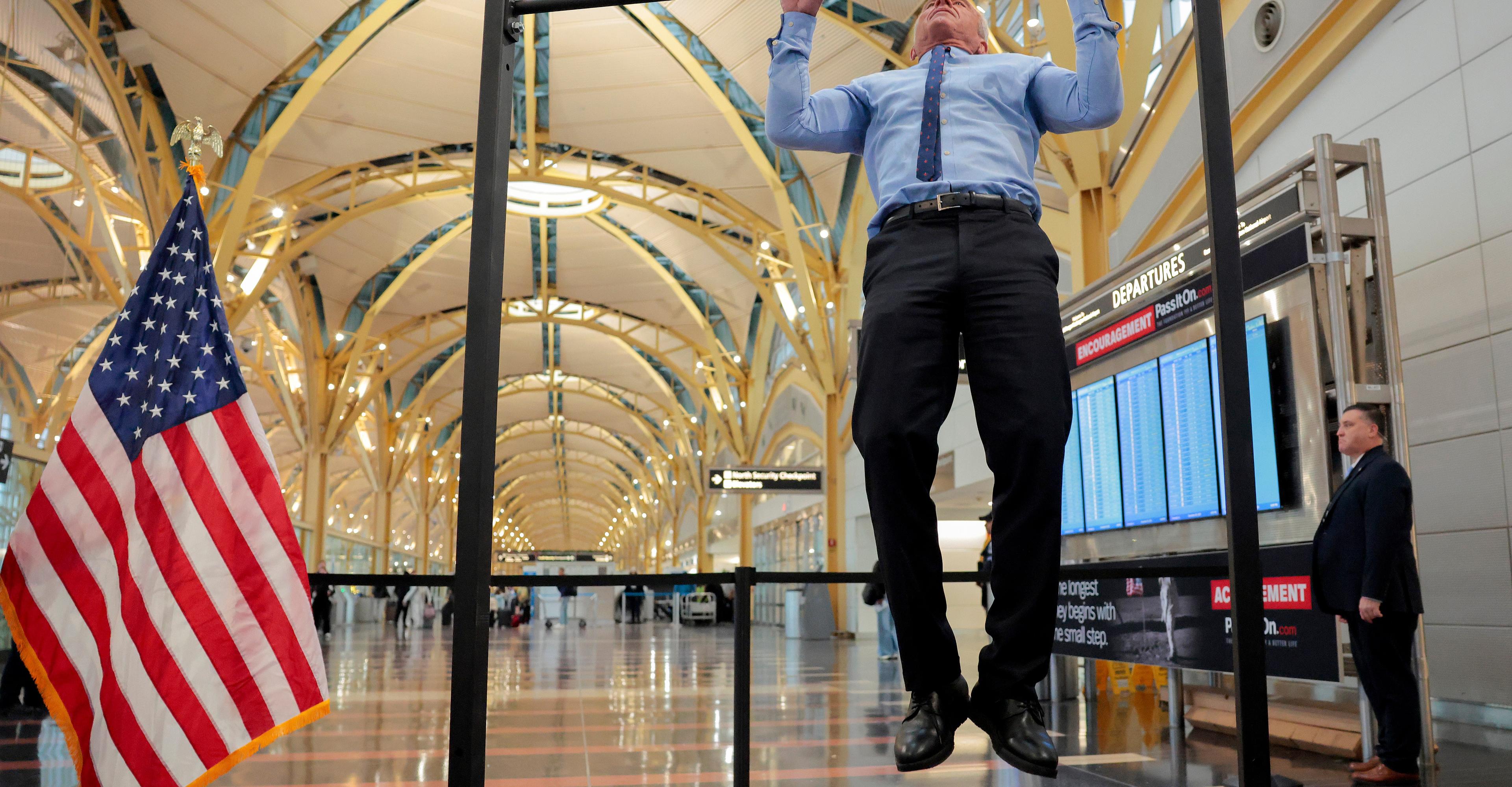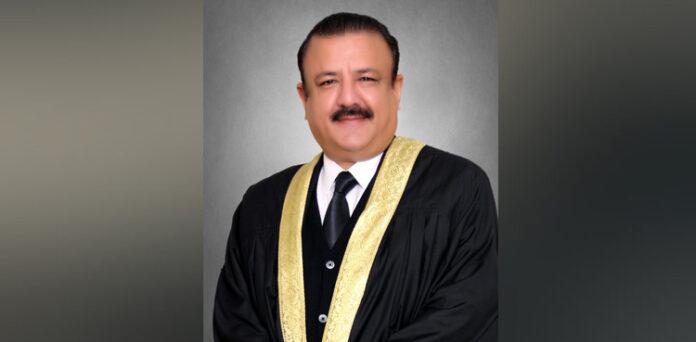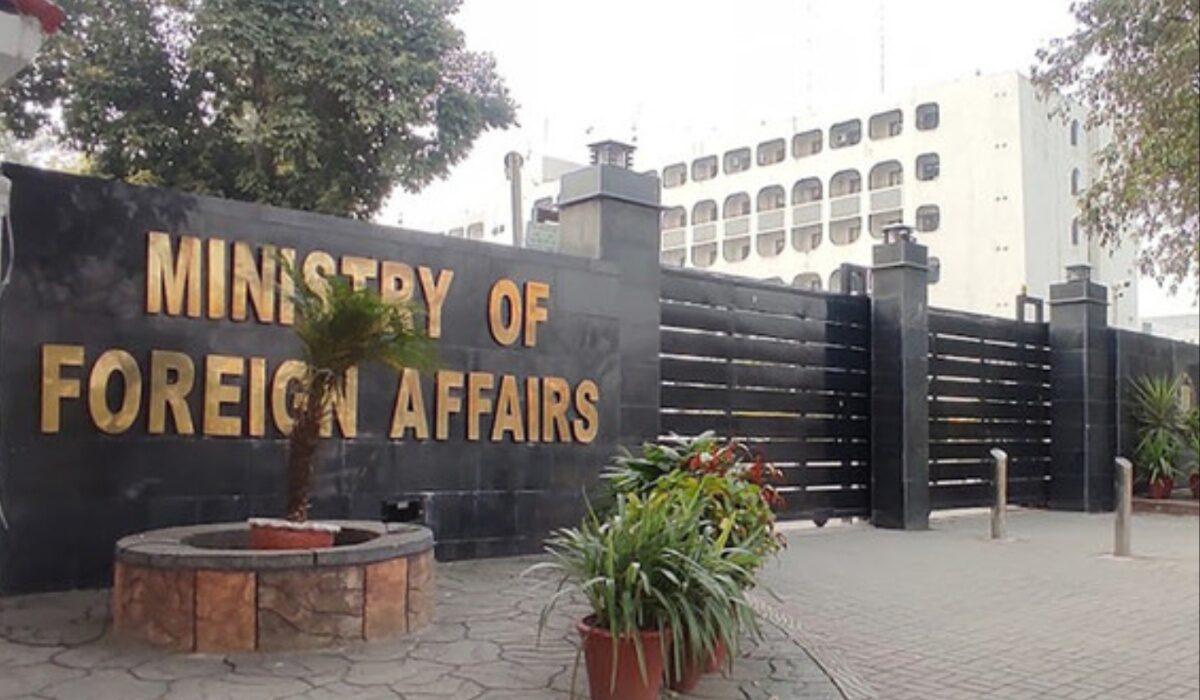The motion, brought by Pakistan in response to last month's incident, seeks a report from the U.N. rights chief on the topic and calls on states to review their laws and plug gaps that may "impede the prevention and prosecution of acts and advocacy of religious hatred.


Geneva: Muslim states including Iran and Pakistan on Tuesday said desecration of Holy Quran amounted to inciting religious hatred and called for accountability, as the U.N. rights body debated a contentious motion in the wake of Holy Quran burning in Sweden.
The motion, brought by Pakistan in response to last month's incident, seeks a report from the U.N. rights chief on the topic and calls on states to review their laws and plug gaps that may "impede the prevention and prosecution of acts and advocacy of religious hatred".
The debate highlighted rifts in the U.N. Human Rights Council between the OIC, a Muslim grouping, and Western members concerned about the motion's implications for free speech and challenges posed to long-held practices in rights protection.
An Iraqi immigrant to Sweden burned Holy Quran outside a Stockholm mosque last month, sparking outrage across the Muslim world and protests in several Pakistani cities.
"We must see this clearly for what it is: incitement to religious hatred, discrimination and attempts to provoke violence," Pakistan's Foreign Minister Bilawal Bhutto-Zardari told the Geneva council via video, saying such acts occurred under "government sanction and with the sense of impunity".
His remarks were echoed by ministers from Iran, Saudi Arabia and Indonesia with the latter calling it an act of "Islamophobia". "Stop abusing freedom of expression," said Foreign Minister Retno Marsudi. "Silence means complicity."
Germany's ambassador Katharina Stasch called the burning a "dreadful provocation" and condemned it. But she added that "freedom of speech sometimes also means to bear opinions that may seem almost unbearable". France's envoy said human rights were about protecting people, not religions and their symbols.
Diplomats said intense negotiations had not led to a break through on Tuesday and expect a vote. Such a vote would almost certainly pass since OIC countries make up 19 members of the 47-member body and also have support from China and others.
U.N. Human Rights Chief Volker Turk told the council that inflammatory acts against Muslims, as well as other religions or minorities, are "offensive, irresponsible and wrong".
Courtesy: Reuters
NDMA dispatches 27th aid consignment for Palestinians
- 6 hours ago

Please don’t make airports healthy again. Just make them more efficient.
- 18 hours ago

Met Office forecast rain, snowfall from Dec 20
- 5 hours ago

Many games from The Game Awards are now on sale
- 11 hours ago

Gold prices surge, silver hits historic high in Pakistan
- 8 hours ago
India summons Bangladesh envoy over security concerns in Dhaka
- 8 hours ago

Tremors felt in Balochistan's Barkhan district
- 7 hours ago
Marko: Verstappen would've won if Horner left earlier
- 8 hours ago
Arteta tells critics to back off struggling Gyökeres
- 19 hours ago
Pakistan Navy launches fourth Hangor Class submarine 'Ghazi' in China
- 4 hours ago

NFL Week 16 odds: Eagles can clinch NFC East with win vs. Commanders
- 8 hours ago
Pakistan, Russia express desire to develop mutual cooperation
- 9 hours ago





